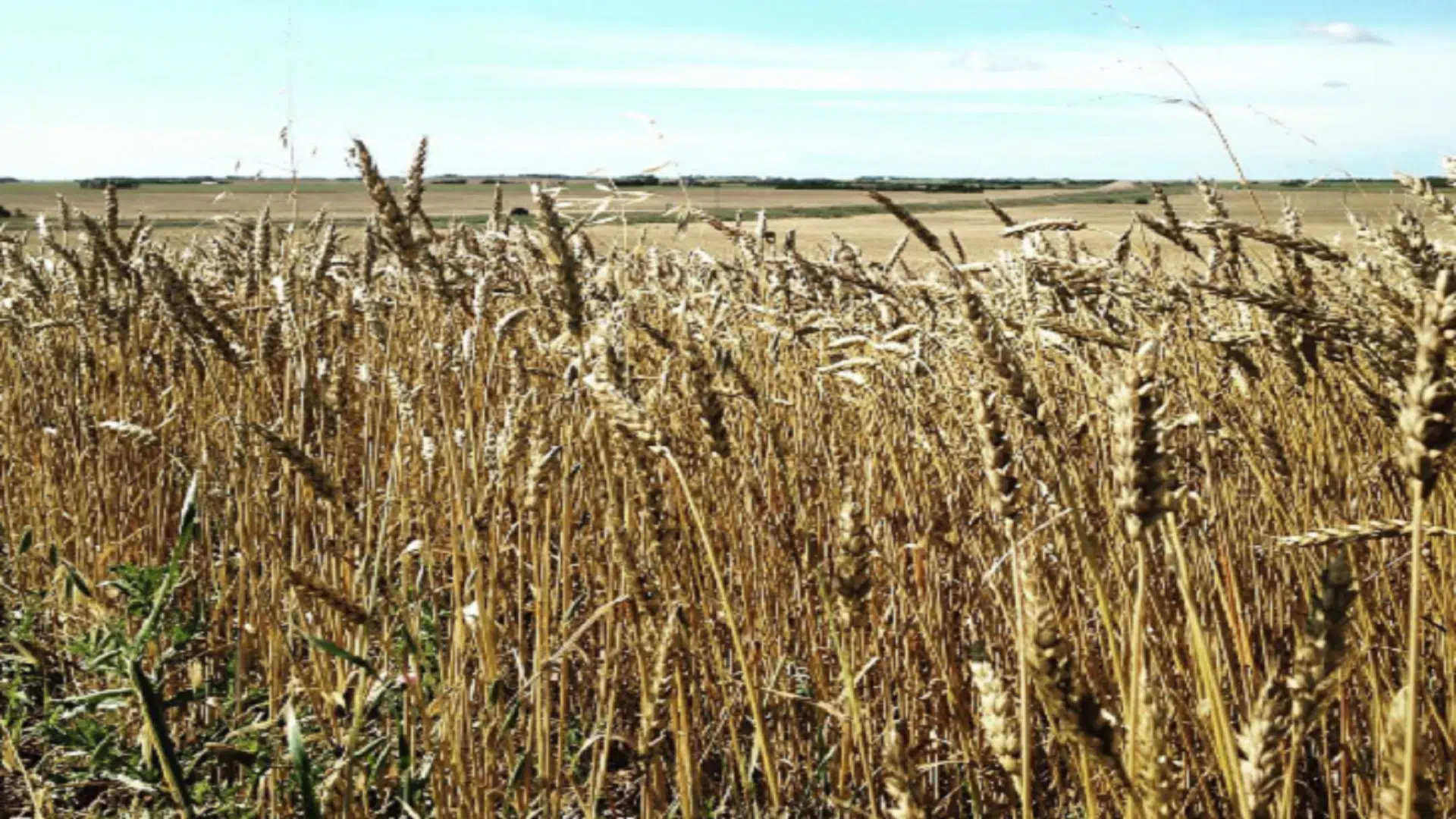
Research into wheat sensitivity becomes a cross-border initiative
CALGARY — A trio of wheat commissions, including a cross border entity, is throwing some dough into wheat research.
The Alberta Wheat Commission (AWC), Saskatchewan Wheat Development Commission (Sask Wheat) and the Minnesota Wheat Research and Promotional Council (MWRPC) are collaborating on cross-border research into sourdough bread.
Funding for the three-year project includes $70,000 from AWC, $57,250 from Sask Wheat and $20,000 from MWRPC for a total of $147,250.
The research is aimed at determining whether the process used to produce sourdough bread could lead to a more easily digested food option for individuals who are sensitive to wheat.
Dr. Michael Gänzle, a food microbiologist at the University of Alberta, leads the project. The research will look at the sourdough bread fermentation process that breaks down proteins and carbohydrates in wheat flour, which are known to cause wheat sensitivity.
According to a news release, Gänzle’s project is looking to better understand whether the fermentation process is sufficient in reducing adverse effects and defining best-practices so the resulting bread can be more easily digested by wheat sensitive individuals.
There is already a lot of anecdotal evidence that sourdough bread is tolerated by consumers with non-celiac wheat or gluten-intolerance but science is needed to back up these claims.
While the researchers hope to create a more easily digestible product for gluten sensitive individuals, they realize recognized that science may not be able to eradicate wheat sensitivities. There still may a smaller portion of the population who will continue to suffer from celiac disease.
However, it’s hoped that the findings of the research will lead to products that more people can enjoy while creating new market opportunities for grain farmers. It’s also noted that sourdough used in industrial baking reduces ingredient cost and can improve the quality of bread.
The research is expected to be complete in 2021.


